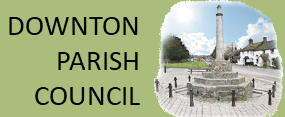Councillors
Current Councillors
| Name | Contact Details | Photo - click to see biography |
|---|---|---|
| Cllr Jane Brentor | janebren555@gmail.com |
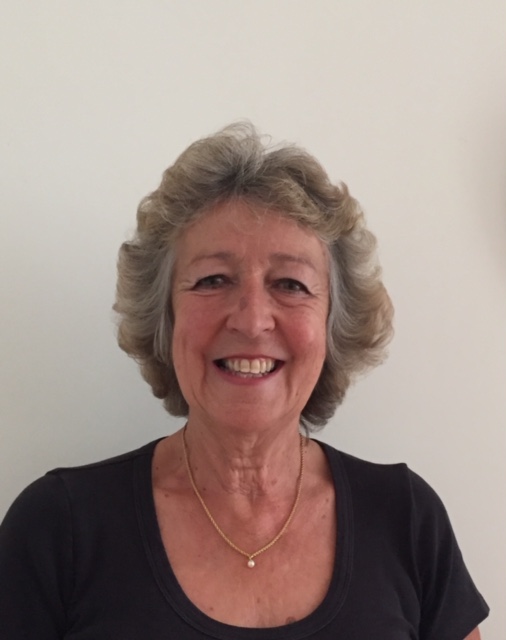
|
| Cllr Stu Carter | Please contact via the Clerk | |
| Cllr Stephanie Jalland | Please contact via the Clerk |
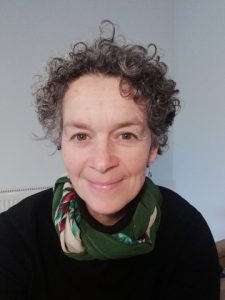
|
| Cllr Dave Mace | dmace.dpc@outlook.com | 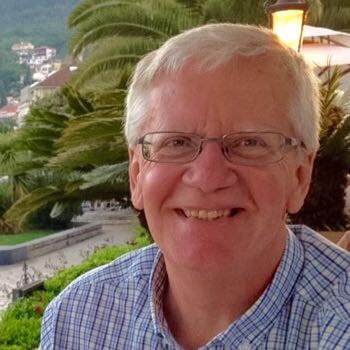 |
| Cllr Andy North | Please contact via the Clerk | |
| Cllr Matthew Randall | matthew.randall@gmx.com |  |
| Cllr Paul Roberts | robertspaul1986@gmail.com | 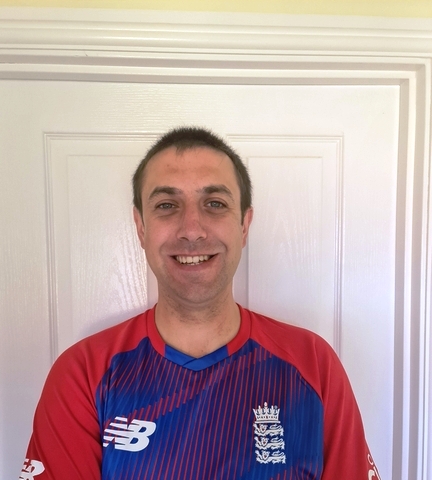 |
| Cllr Gareth Watts | garethwatts37@gmail.com |  |
| Vacancies | 7 |  If you wish to become a Councillor, please contact us via the Contact Form. |
Councillors’ Responsibilities
Details of the responsibilities of each councillor are provided here: Representation on Parish Council Committees, Working Groups and External Organisations
Councillors’ Register of Interests
Details of councillors’ interests can be found on Wiltshire Council’s website using the following link: http://services.wiltshire.gov.uk/TownAndParish/ROI/Council/687
Becoming a Councillor
Town and Parish Councillors are the essence of local democracy and have a vital role in speaking and acting on behalf of the communities they represent.
A councillor is a member of the council and is normally elected for a term of four years. Wiltshire Council publish guidance on becoming a Parish Councillor..
Councillors are from the local community and represent the views and concerns of those who elect them. They represent the interests of the local community as a whole and promote a harmonious local environment. The number of elected councillors depends on the size of the area. Seeing your community change for the better, as a result of decisions you have helped make, is something that can give you a sense of achievement and pride.
No formal qualifications are required to be a Councillor but there are rules to satisfy if you are to submit your name – see ‘More Information’ section below. There is no deposit to pay to stand for election. People of any political or religious persuasion are eligible to become a councillor, although their personal views should not extend into their parish council work.

Sometimes casual vacancies occur during the four year cycle and these can be filled, either by election or by co-option. (Co-option is used when an election is not called – you submit your name with other applicants to the Parish Council; they vote for their choice to fill the vacancy.)
Training is available for councillors. If you do become a parish councillor you will have to sign up to the Code of Conduct (see Key Documents) and register your interests.
Am I eligible to be a Parish Councillor?
To stand for election on a parish council, you must:
- be a UK or commonwealth citizen, or;
- be a citizen of the Republic of Ireland, or;
- be a citizen of another Member state of the European Union;
- be a least 18 years old.
To be eligible to stand for an election for a particular parish, you must:
- be an elector of the parish, or;
- for the whole of the previous 12 months have occupied (as owner or tenant) land or other premises in the parish, or;
- during the previous 12 months have worked in the parish (as your principal or only place of work), or;
- for the whole of the previous 12 months lived in the parish or within three miles of the parish boundary.
Please see the Electoral Commission section in More Information below and also the Downton Parish Council’s Co-option Procedure as published in the “Supporting Policies” section of the Key Documents.
What do Councillors do?
Councillors are all required to attend the main Parish Council meeting and often participate in committees that deal with specific areas of council business. Councillors take collective decisions that form the policy of the council.
They understand local concerns, debate issues within council meetings and use their best judgement to make decisions. They are generally unpaid but some councils approve the payment of expenses incurred whilst on official business.
The role of a Councillor is not just confined to meetings – many are active in other community areas and bring that expertise and knowledge to the council meeting to benefit all. Councillors are known locally and are often asked for advice or help; it is their responsibility to seek an answer or solution through the council.
Councillors may also join lower level committees which are part of the permanent governance of the council or working groups that are task focussed limited life bodies. Working Groups may also have members of the public sitting on them. It is important to note that working groups are bound by some of the rules eg FOI.
Some Councillors also represent the Parish Council on external organisations.
How much time does it take up?
Councils usually meet once a month for the council meeting, to which members of the public are also invited. Meetings may last two or three hours, depending on the agenda set for the meeting to discuss. Some councils have committees to deal with specific subjects, such as environmental issues. In addition to the regular meetings, councillors are required to attend other meeting representing the council, for example acting as a representative on an outside body, community activities or helping develop a new project for the community. Such meetings won’t happen every day, so it’s not going to take over your life.
More Information
We recommend that all members, candidates and interested parties read the latest edition of the “Good Councillors Guide” from the National Association of Local Councils (NALC).
“It Takes All Sorts” is a booklet highlighting the difference you can make by representing your community on your local council. It explains the role of local councils and local councillors and tells you how you can get involved. The Booklet
The Electoral Commission has a series of web pages providing advice and guidance of elections for Parish Councils.
